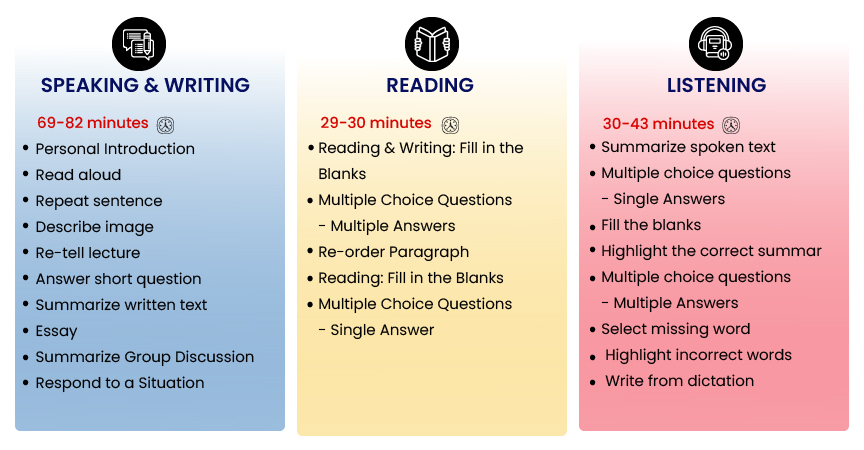German Letter Writing for Beginners: Simple Tips to Start!

Strong 8k brings an ultra-HD IPTV experience to your living room and your pocket.
The German letter writing can be difficult if you are a beginner to this language. But do not worry, you can beat the game. With patience and some tips, you can learn how to write a perfect letter. So, whether you need to write a formal or informal letter, here is a guide. The information stated below will help you with some details that will help you with the letter. So, without any further delay, hop on to the next section.
Know How You Can Start with German Letter Writing!
When you will start to write a letter, it is obvious to feel anxious because of little you know about the language. But do not worry, here are some tips that will help you to start with it.
Understand German Letter Formats
German letters have two types. It is either formal or informal. Formal letters relate to business or official communication. On the other hand, you write informal letters to friends or family members. So, when you start with German letter writing, it is vital to know the type so that you write on point and without any errors.
Structure Your Letter
A good letter has three primary sections. It includes an introduction, the body, and the conclusion. Thus, start with the purpose. After that state the vital details. In the end, close it with one line or two. Thus, such format makes letter writing to the point.
Apply Common Phrases and Idioms
Some words occur quite often when writing German letters. For example, formal letters use expressions such as "Ich schreibe Ihnen, um." (I am writing to you to.). Informal letters allow you to say things like "Wie geht es dir?" (How are you?). These phrases, if memorized, will make your writing more natural-sounding.
Polite Closing Phrases
Your final sentence in the letter is no less crucial than your introduction. Formal letters would have salutations such as "Mit freundlichen Grüßen" (With kind regards). Casual letters may close with such sentiments as "Alles Liebe" or "Viele Grüße" (Best wishes). Whatever it is, sign it at the end of the closing sentence.
Address and Format
In German letter writing, the address format is different. In it, you the sender’s address is at right. On the other hand, the receiver’s address will be at left. So, ensure to take care of these details and add date below the address. In a nutshell, a proper formatting leaves a good impact and looks professional.
Grammar
When writing in German, focus on rules such as noun capitalization and sentence structure. In German, there is capitalisation of nouns. Also, remember to use appropriate formal or informal pronouns depending on the letter type. Above all, check all the rules before you think you have finished it.
Vocabulary
Enlarging your vocabulary will make your German letter writing more expressive. Maintain a list of ordinary words and letter phrases employed in letters. Use synonyms in practising to introduce diversity in your sentences. Reading sample letters in German is also an excellent way to acquire new words.
Proofread It
Proofreading is the last step after you write a letter. So, once you finish it, proofread it to check for errors. Look in for spelling grammar, or any other issues. In case, you are unsure, you can take the help of a friend or a tutor. Remember, an error-free letter makes a good impression.
Practice Exercises
Practice can make you perfect. Thus, try every type of letter. You can start with it by writing to a friend. Tell all the details in it. It can be any topic. It can be how you spent your day or an invite for a celebration. This way you become comfortable with the language. Remember, the more you practice German letter writing, the more you feel at ease with German.
Learn Through Examples
Examining example letters can be very useful. Find examples of formal and informal German letters on the internet. Examine their structure, tone, and wording. Employing these examples as templates can assist you in writing yourself.
Cultural Considerations
It is also significant to know the cultural norms. Germans tend to be polite and use polite tone in formal letters. Friendliness and warmth in informal letters are valued. By adjusting your words according to the cultural background, your letter will be more efficient.
Expand Your Language Skills
While learning German letter writing, think about developing your language skills as a whole. Practice listening, speaking, and reading German. Attending a language exchange or taking a class can be helpful. The more you use the language, the more natural writing will feel.
Conclusion
Letter writing is a perfect way to practice and improve your German skills. Thus, follow the tips stated above if you want to become a pro at it. Remember, the intent of the letter should be to express your thoughts and it should delivered in the right manner. Thus, focus on clarity instead of making it look best. Above all, for people who are trying to master B1 level German, writing letters is a vital step towards your achievement. Continue practicing and you shall soon write German letters effortlessly.
Note: IndiBlogHub features both user-submitted and editorial content. We do not verify third-party contributions. Read our Disclaimer and Privacy Policyfor details.







